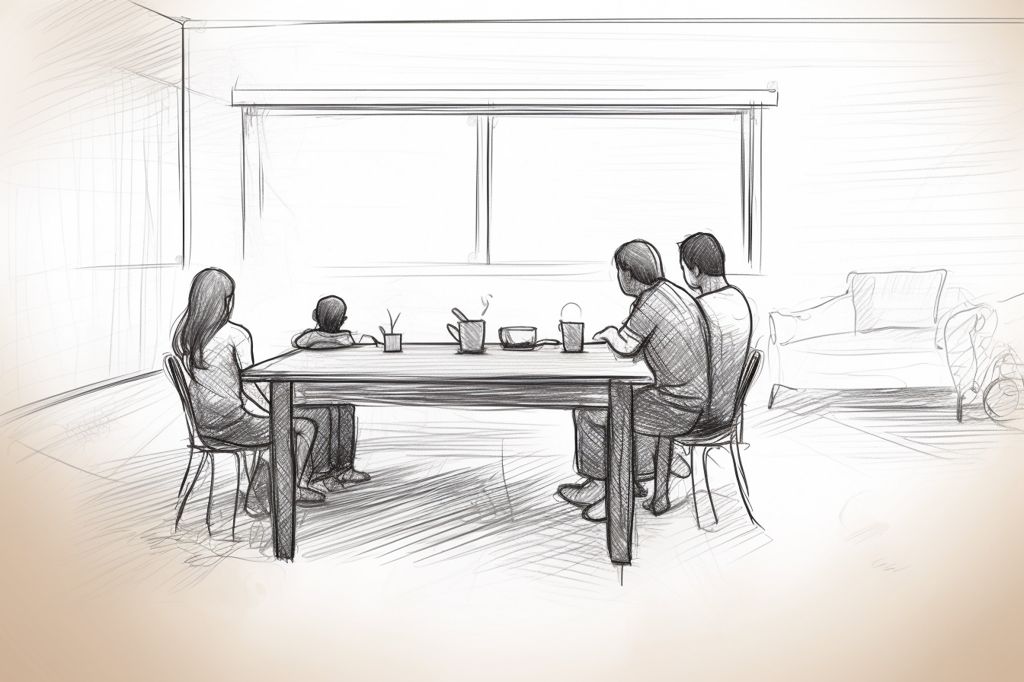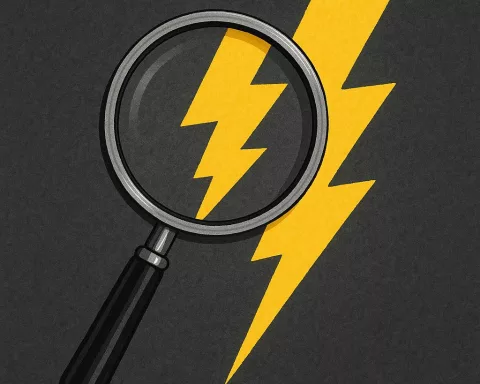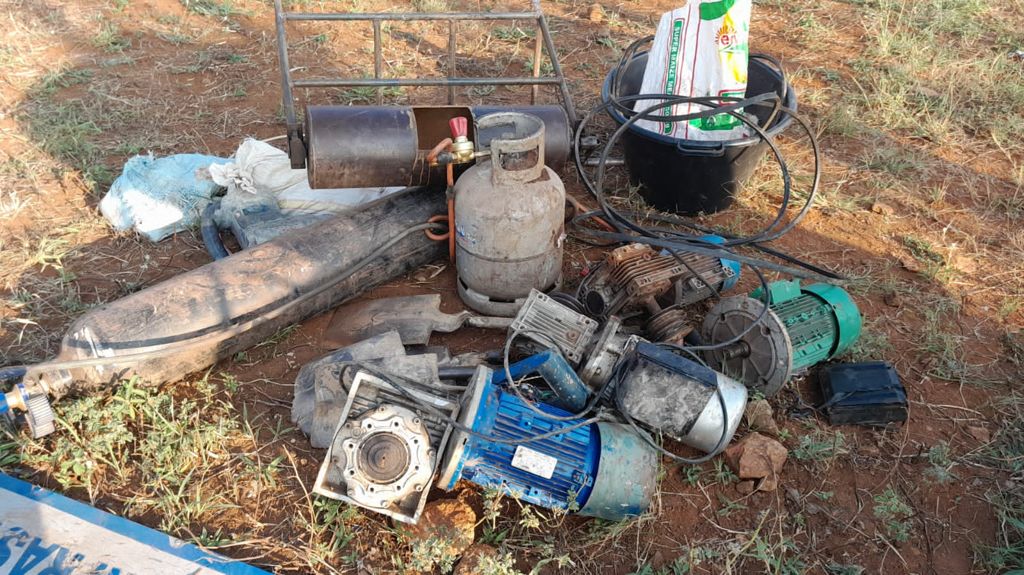The Community Work Programme (CWP) workers have recently protested outside the Department of Cooperative Governance and Traditional Affairs (COGTA) in Pretoria due to delayed payments for April. This has brought attention to the situation of thousands of South African workers who rely solely on the CWP programme for their livelihoods. According to reports, over 260,800 CWP workers across the country have been affected by payment delays, which typically occur around contract renewal time. The delay is due to the CWP programme’s transition from an implementing agent to the COGTA.
Workers face challenges
The protests have caused frustration among the workers. With families to take care of, many rely heavily on the CWP programme for their livelihoods. This is a challenging time, especially for those whose families have run out of food and who are struggling to maintain debit orders and other payment policies due to the inconsistent payment schedule. These protests have also shed light on the need for the government to address the challenges faced by low-income workers in South Africa.
COGTA’s response
The COGTA has promised to pay the workers by the end of the week and has committed to insourcing the CWP programme. Additionally, the department aims to remodel the programme to ensure its smooth running in the future. Nevertheless, the protests have raised broader questions about the government’s dedication to solving the difficulties faced by low-income workers in the country.
Broader issues require a more comprehensive response
This situation highlights the need for a more comprehensive approach to tackling poverty and inequality in South Africa. Measures to support low-income workers, such as improving access to training and education, increasing the minimum wage, and providing more social protections for vulnerable workers, are essential.
Conclusion
The protests by CWP workers have brought to light the struggles of low-income workers in South Africa. The delay in payment has understandably caused frustration among the workers, and the situation calls for the government to take a more comprehensive approach to addressing poverty and inequality in the country. Although the COGTA has promised to pay the workers, broader issues facing low-income workers require a more comprehensive response.












